Rory Best is into his 12th season with Ulster and his 11th with Ireland. The Ulster and Ireland hooker has gathered over 180 caps for his province and is closing in on his 100th cap for his country.
However, despite winning a Triple Crown and Grand Slam with Ireland and a Pro 12 with Ulster, Best is just as happy with his other vocation, farming.
Best was always heavily involved in the farm growing up, but what really fuelled the establishment of his own farm was a serious neck injury he sustained in 2009. Best was laid up for a year following surgery to correct a bulging disc.
Speaking exclusively to the Irish Farmers Journal ahead of the new season, Best said the injury perhaps hastened his move into farming.
“It made me realise that my career in rugby would not last forever,” he said.
And, along with the help of his father, he decided that it was time he established his own farm, consisting of 60 cattle and 220 acres, for when he retires.
Best’s father and brother are both tillage and beef farmers with 1,200 acres; 1,000 acres of tillage and 200 acres of grassland. Having had pedigree Charolais and Simmental cattle, the Bests decided to move away from cattle when the price for grain went up.
Rory chose Angus because he wanted a native breed rather than a continental. After doing a mass of research and looking into it, Best finally found premium Angus sires to run with his herd of Simmental and Charolais. “After finding the ideal bull, I decided I would establish a purebred Angus herd.” They try to wean cattle at six months, separating all the bulls into pens determined on their quality. The weakest will be finished for slaughter and the best-quality bulls will be sold or kept as pedigree bulls. Over the winter the cattle on his father’s farm and the cattle he intends to show stay on his farm.
“I have surpassed the target herd number of 50 and now have a herd of 60. My aim is to have a very efficient and genetically superior herd all of my own stock.” They only keep the best heifers and get rid of older cows. “It’s great to see more and more of your own herd number and less of outside stock coming through. I hope to have 50 cows completely of my own stock by the time I retire. A couple are very close to where I want them to be at the moment,” Best added.
“I keep telling Sean O’ Brien [Leinster back rower and Ireland colleague] to come up to my farm to see what some high-quality stock looks like,” he joked.
Best has a huge interest in showing cattle. However, with his career he cannot commit the time and dedication needed to be successful at showing bulls. A good friend of his, Niall Walker, recently moved back home from Scotland. He has a big interest in showing and is a great help in preparing cattle for shows. “It’s a lot of work but I enjoy it. When I have the kids in bed I usually go over to the farm to train the cattle to get them used to handling. It’s a very rewarding experience to see your animals parade at Balmoral Show. It’s not even about getting a ribbon – it’s more about being there,” remarked Best.
The Bests use a lot of mixed-ration feed depending on costs; straw, oats that were rejected, molasses and other grains. Their in-calf heifers are fed a high-straw diet in early winter, while closer to calving they try a higher energy diet to ensure they are in the best condition. Their bulls are fed like professional rugby players – a high-protein diet to try and build them up. Like Best, it’s essential they’re fed well pre-season.
All of Best’s herd receive AI and then he has a couple of stock bulls to do the cleaning up for the cases where AI was unsuccessful. It’s a spring-calving herd. They start calving at the end of February and aim to have it all done by the end of March.
“The price for beef is never enough I suppose. I try to get more bulls to sell as breeding stock in the hope of getting a premium price that way.” Being a brand ambassador for Dunbia, Best sees it from both sides. Processors are feeling the pinch too and are trying to get a good price for farmers. Best feels that Ireland’s strength lies with the quality of our meat: “We need to continue to produce high-quality animals. Farming is a tough profession and prices hits are affecting every sector.”
Brexit
Brexit has affected Best’s area, mainly with the single farm payment. It has been a big blow to farmers. The no vote brought uncertainty with it. No one can give a definite answer as to what is going to happen, and there is still no guarantee that payments will be replaced. There is uncertainty with the Irish trade agreement. “For Northern Ireland, the main issue will be with the border. There was ambiguity existing before the vote. For some people they thought it would be great to be free from EU legislation for example with slurry, but it’s not that simple. Similar rules are written into UK law and for that reason I think that the whole vote was quite uninformed.”
Best is back ahead of the new season with Ulster now. The training days are very long and training could last from 8.30am to 5pm, with three sessions every day on a Monday, Tuesday, Thursday and Friday. He currently only has Wednesday off. “It’s hard to balance time off and the farm. I usually spend my days off as farming days, catching up on paperwork, doing entries for shows and sales and the day-to-day running of the farm. Summer is the best time, I suppose, because it’s bright until late. I usually put the kids in the jeep and drive down the farm to see the cows.”
Best manages to balance a professional rugby career while establishing a premium Angus herd, and we wish him all the best in the future with his dual profession.
Ulster have started their Pro 12 season while Ireland will play New Zealand, Australia and Canada in the autumn tests this November.





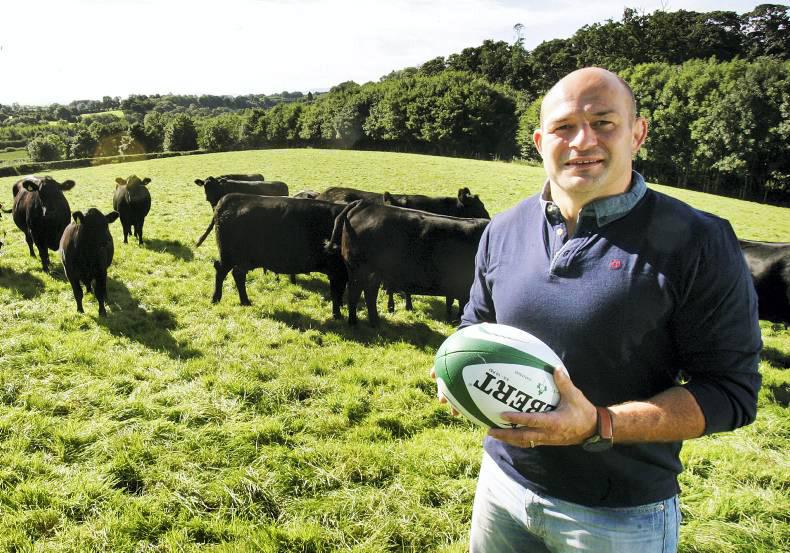
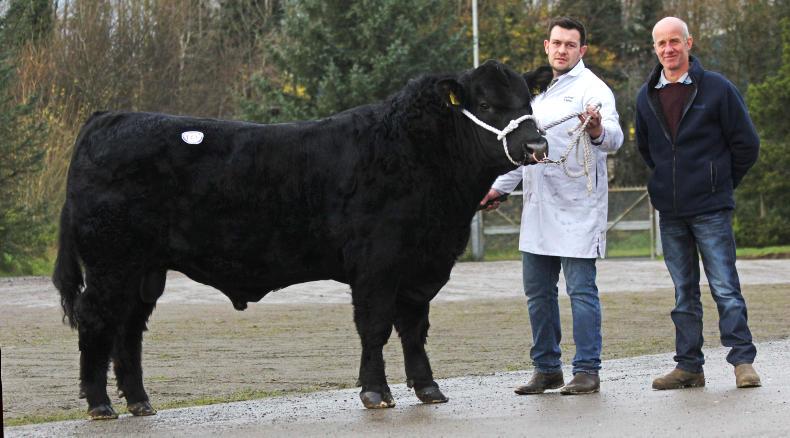

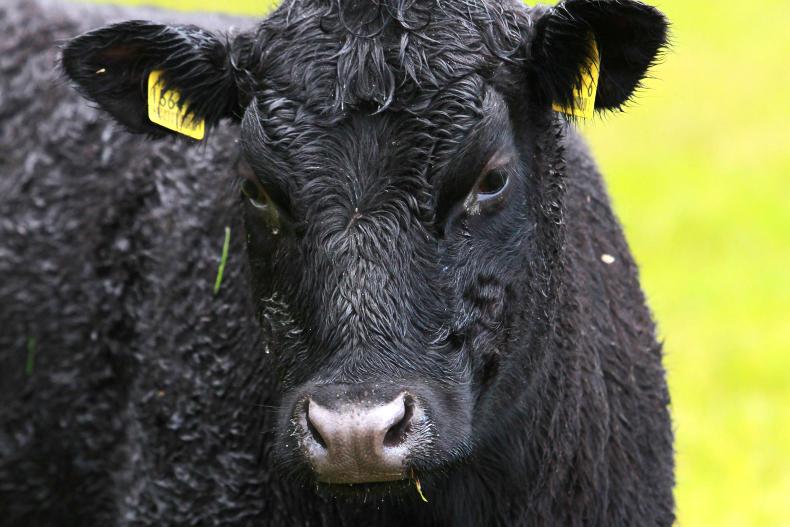
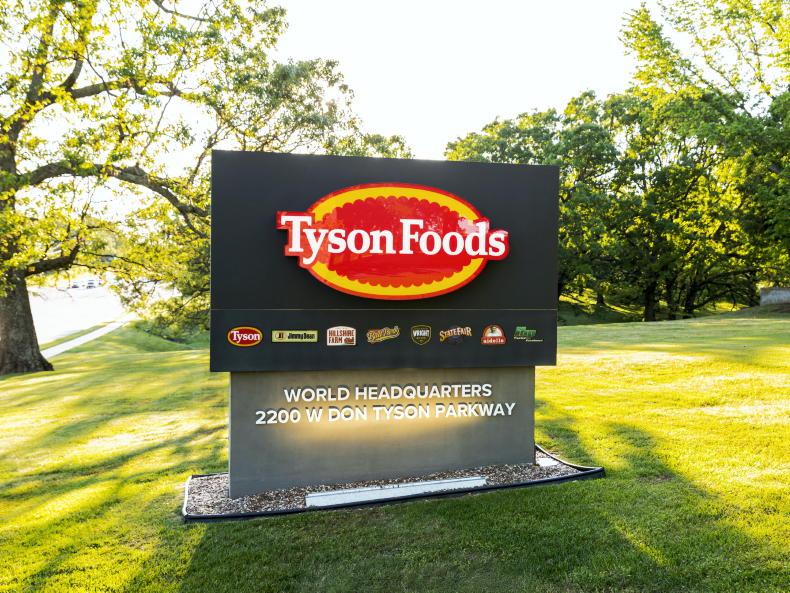
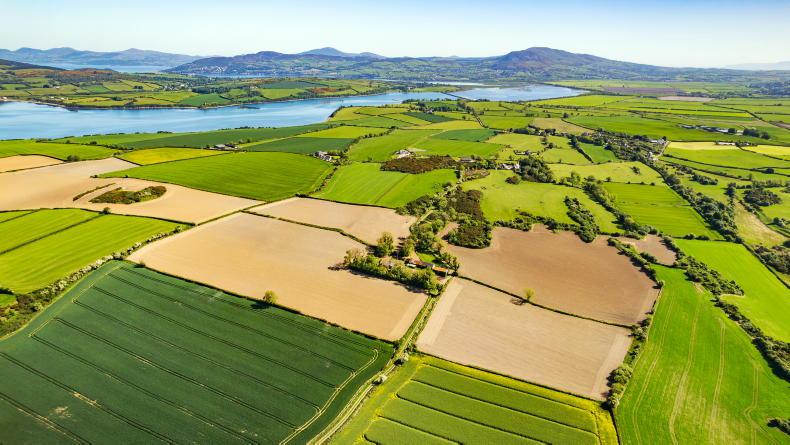
SHARING OPTIONS